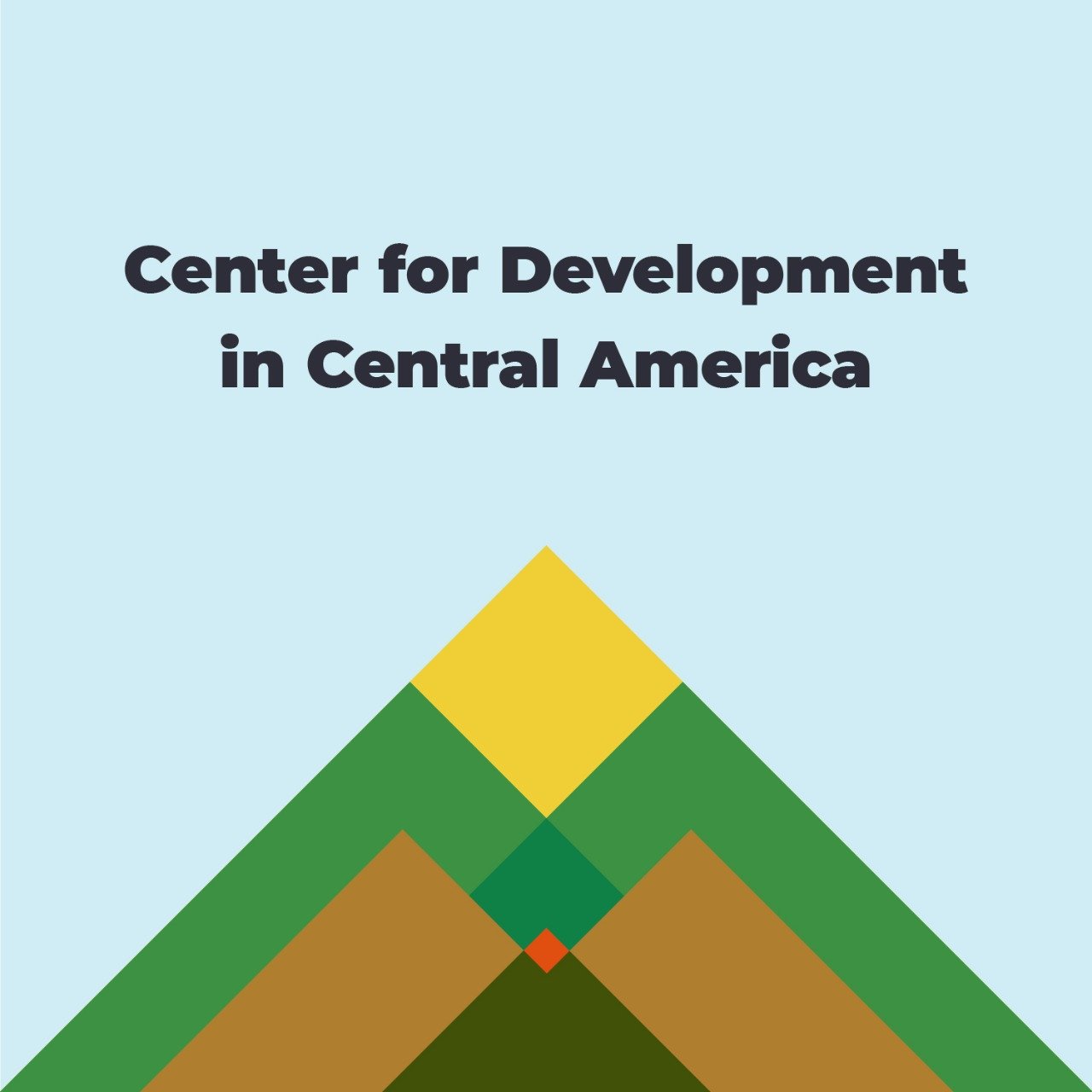Sidelining Ourselves: Power Dynamics and the Fight Against Poverty
Dr. Jorge at El Porvenir - Rural Health Clinic day
Find out how you can support the work of the JHC-CDCA here.
Here’s the dirty little secret about development work: It’s all about power.
Especially if it’s done right.
Here’s what I mean: Poverty is not just a lack of money. Poverty is a lack of power. Being poor means not having enough power to meet your basic needs. Fighting poverty is not the same as alleviating the symptoms of poverty such as lack of food, housing, and clean water. A true fight against poverty involves social justice; in other words, working to transfer power to the poor.
This is inherently a political act: transferring power from those of us with too much of it to those with not enough of it. This process is necessarily uncomfortable, and, to be completely honest, really hard.
Thirty years ago, the Jubilee House Community founded our project, the Center for Development in Central America, and came to Nicaragua not to work for the poor, but to work with them. Since then, our role has been, and continues to be, to help Nicaraguan communities carry out the projects they identify as priorities for their own communities.
All of our projects arise out of needs identified by the community, work toward solutions that come from the communities themselves, and are carried out with active community participation. Our organization does not tell others what to do, but rather listens to needs and then responds as we are able, always in coordination with local leadership and communities.
This approach definitely counts as doing things the hard way. It would be far easier to invent and implement our own “solutions” to Nicaragua’s problems. But that would only deepen the power imbalance, and in the end, it wouldn’t be successful. Instead, our approach to fighting poverty requires us to struggle against our own egos. We know that local communities need to lead the process, and that we as outsiders, while needed, can only help from the sidelines.
We find ourselves in a constant tug-of-war to wrest control from ourselves and give it to the communities where we work. Our work is essentially sidelining ourselves, and empowering the local communities to decide how the work develops.
In theory, we know this is the right thing to do. Unfortunately, we are human. As humans, we love to have our egos rubbed… my, how we love to be told that we are important! Whenever I begin to feel that smugness creep in, I recognize this is a call to check myself and re-center yet again – focusing on Nicaraguan communities, NOT me.
Our job is to be in partnership with communities, and to let Nicaraguans lead that partnership. To stand in solidarity with them, help them get access to the resources and power they need to make their projects a reality, and let them run the show. If we do it right, every day we’re working hard to work ourselves out of a job.
-Becca
*The JHC-CDCA is has just concluded a visioning process for the next 5 years and to jump start that work, our goal is to raise $50,000 by the end of September. You can help through a recurring monthly donation or a one-time donation here. Find out more about our campaign here.
The ideas above are inherent to the JHC-CDCA’s approach to sustainable community development work and have been influenced by many wonderful thinkers. This blog in particular was sparked by the book Doing Global Health Work by Kirk Scirto, MD, MPH.

